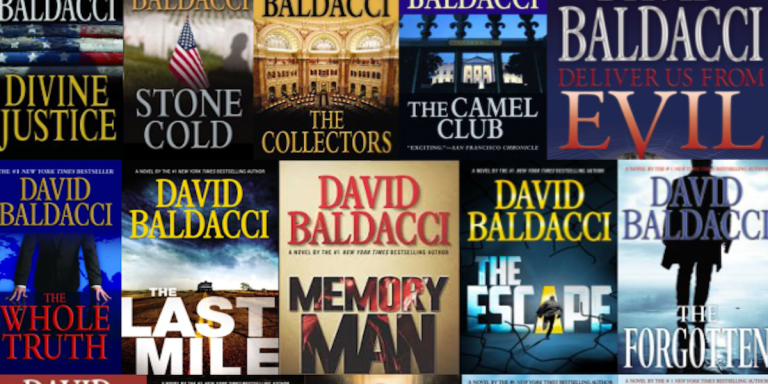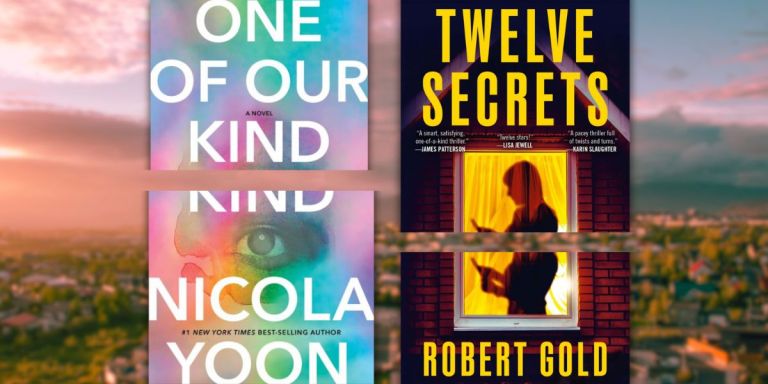Every Riley Sager Mystery and Thriller Book in One Place

Riley Sager is a New York Times bestselling mystery and thriller author whose books fans can’t wait to get their hands on every year. If you’re new to his world, check out our full list of Riley Sager books, including one of his latest, Middle of the Night.
Despite having many chances to escape, Charlie stays in the car, confused and scared. To make things worse, she keeps blacking out and experiencing vivid hallucinations that blur the lines between reality and nightmare. But what is truly happening? And will she survive the journey?
After a strange incident brings Casey and Katherine together, an unexpected friendship begins to form— and it becomes clear that someone is hiding something. As Casey’s suspicions grow, so does the sense that something is very wrong across the lake, leaving her forced to confront just how dangerous the truth might be.
Lenora has been silent for years, accused of killing her entire family in their crumbling mansion on the cliffs, Hope’s End. Now, wheelchair-bound and unable to speak, she communicates only through a typewriter. As Kit settles into the eerie old mansion, she begins to wonder what really happened that night. Because someone must be hiding the truth and Kit may be closer to it than she thinks.
Now, Ethan is back in Hemlock Circle, the quiet neighborhood where nothing is really as peaceful as it seems. Strange things are happening, there are shadows in the woods, whispers in the wind, and questions that refuse to be ignored. What really happened to Billy? Is the old institute in the forest connected? And why does Ethan feel like he’s being watched?
As the past stirs, Ethan must confront the secrets that have long haunted Hemlock Circle—before the darkness claims him too.
In 1942, six people destroyed Anna Matheson’s family. Twelve years later, she’s ready for retribution.
Under false pretenses, Anna has lured those responsible for her family’s downfall onto a luxury train from Philadelphia to Chicago, an overnight journey of thirteen hours. Her goal? Confront the people who’ve wronged her, get them to confess their crimes, and deliver them into the hands of authorities waiting at the end of the line. Justice will at last be served.
But Anna’s plan is quickly derailed by the murder of one of the passengers. As the train barrels through the night, it becomes clear that someone else on board is enacting their own form of revenge–and that they won’t stop until everyone else is dead.
With time running out before the train reaches its destination, Anna is forced to hunt the killer in their midst while protecting the people she hates the most. In order to destroy her enemies, she must first save them–even though it means putting her own life at risk.
By clicking 'Sign Up,' I acknowledge that I have read and agree to Hachette Book Group’s Privacy Policy and Terms of Use


